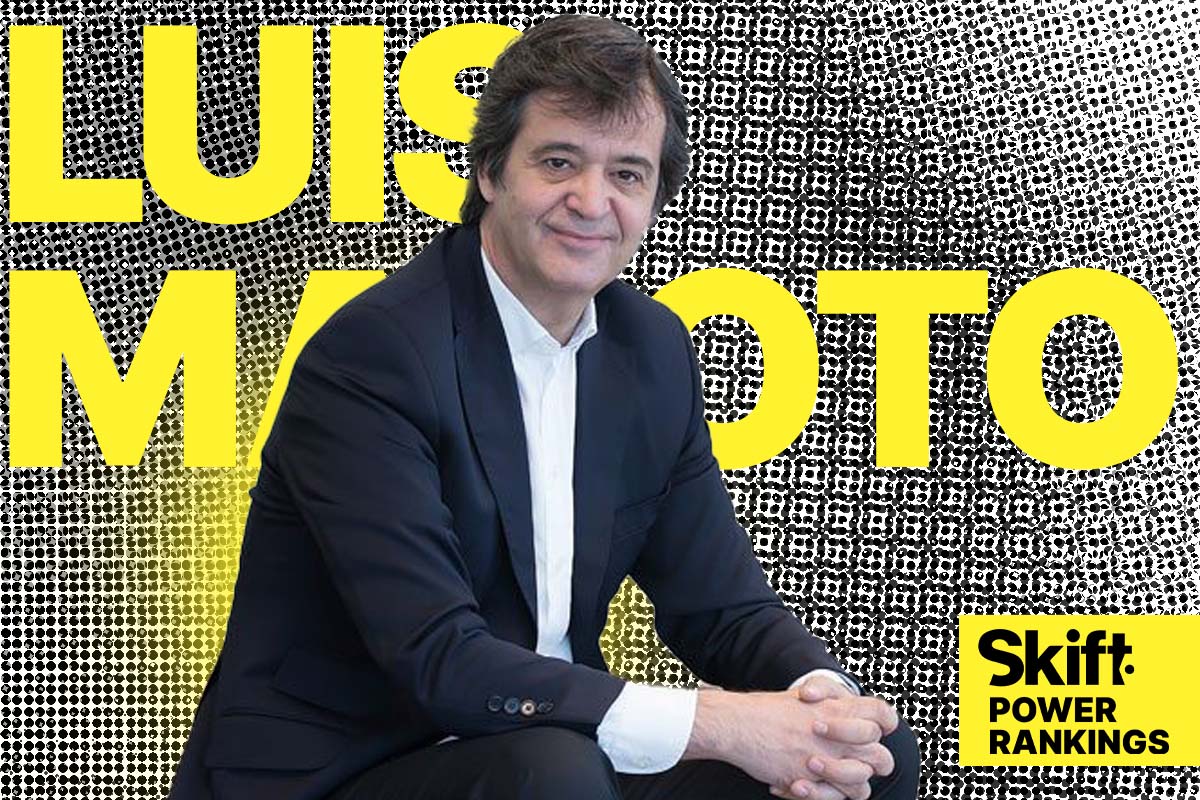
Amadeus is the world’s largest intermediary between airlines and travel sellers, and there have been rumblings for years that companies in this space would become obsolete.
Luis Maroto should know: He’s been with Amadeus for 24 years, first as marketing finance director, and then as president and CEO since 2011.
Maroto told Skift in 2017 that concerns about obsolescence were overblown, and that Amadeus had a plan to transition its business along with the changing times.
“Our focus is in working to optimize the right investments in technology,” Maroto said then in a rare media interview.
“Yes, the [global distribution systems] will need to evolve in functionality. But we have evolved before.”
Among its efforts, Amadeus has been growing businesses that provide operational tech to airlines, airports, and hotels.
Maroto has made some big moves lately to that end.
The company in April acquired Vision Box for $348 million, with plans to expand its biometrics services for airports. And in March, Amadeus acquired payments company Voxel for $123 million with plans to simplify the complicated sector for travel.
The company is also pursuing the integration of generative AI in next-generation products and workflow internally. They include a platform to make airline sales more like shopping on Amazon, in accordance with wider industry goals.
Between its traditional and growing businesses, Amadeus is the only company of its type that has almost fully recovered from the pandemic in terms of revenue.
Maroto is also a board member of travel retailer Avolta.
He is a Spanish native and lives in Madrid.







